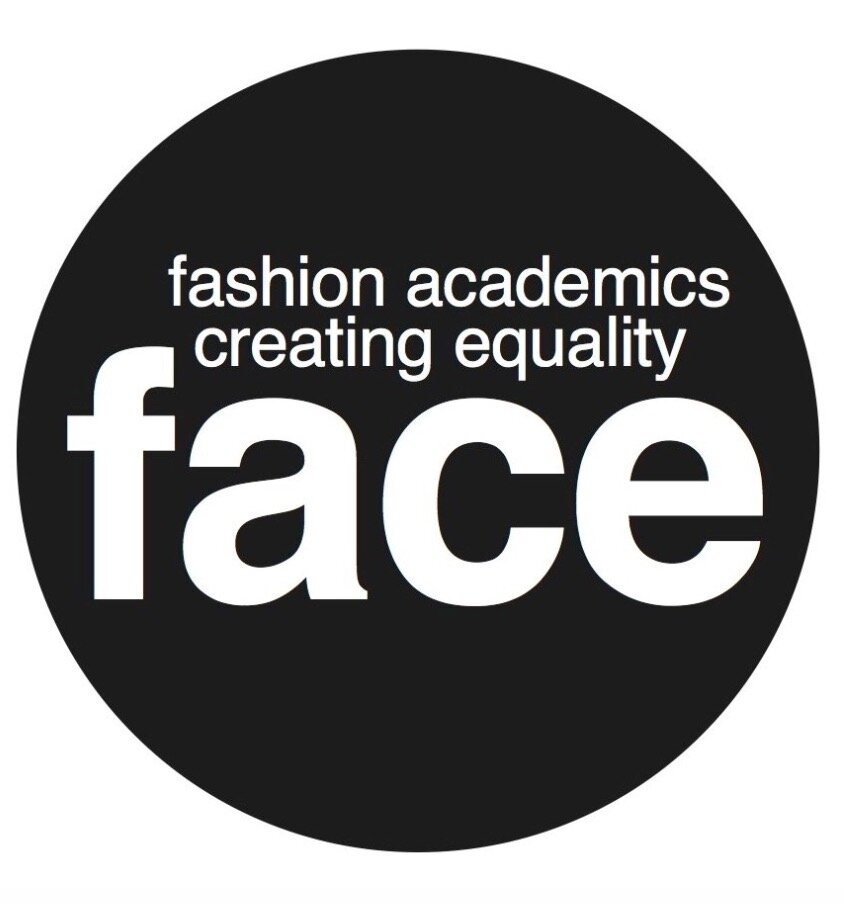Capturing the Moment
Capturing the moment: facilitating learning from the margins. A photographic essay by FACE member, Kevin J Brazant, University of the Arts London, United Kingdom.
Facilitating Learning from the Margins: A Third Space Innovation Case Study.
“By embracing interdisciplinary collaboration this study highlights how marginalised voices can be empowered, fostering professional and personal agency.”
Outline: This paper explores third-space innovation* in learning development, offering a reflective case study on facilitating group learning from the margins. The author redefines facilitation as an inclusive practice—one that centers the experiences of underrepresented and underserved learners, challenging dominant perspectives in higher education. Through a photographic essay methodology, critical moments of group learning are visually punctuated, enabling deeper analysis and reflection.
These images featuring the author and participants were taken at Lounge Akademics live podcast 'She Changes Everything' in November
"When you learn, I learn, and then we learn." The Image illustrates a shared connectedness between mutual student learners, fostering a sense of belonging and appreciation for the learning journey Hill et al., (2023).
By embracing interdisciplinary collaboration this study highlights how marginalised voices can be empowered, fostering professional and personal agency. The author argues that modelling compassion, vulnerability, and congruence in facilitation is a radical act—one that disrupts higher education’s neoliberal, neo-colonial structures. This humanistic approach not only acknowledges systemic oppression but also leverages experiential learning as a catalyst for innovation. Ultimately, the author invites educators to rethink facilitation as a transformative tool for equity and change in learning development.
“The Gathering." The image illustrates the power of understanding the student learner's experience and needs. When listened to and understood, learning developers can facilitate attention in an unwavering and unmatched way. This live podcast event was created because of the lack of representation of black women in spaces of influence, and it recalls their time in the academy as part of articulating their learning experiences. 2019.
“Being our true and authentic selves." The image above illustrates the 'authentic learning developer.' The Image of the lead facilitators/ hosts conveys humour and a 'realness' as described by Smith, (2009). Using intuition and their selves as part of facilitating this group session contributes to a constructive learning experience for all. Through modelling vulnerability and taking risks in pursuit of learning, our ambition is for our learners to be able to do the same.
"We are Listening." This Image illustrates 'learning development as a human endeavour' Nesari, (2015). The Image of the lead facilitators/ hosts conveys attentiveness to the student learner/ participant as they speak and make their point. The sharpness in the focus of the facilitators is expressed both in their facial expressions and the clarity of the Image, showing an open transparency and willingness to learn from others. Our practice is in the frame here, requiring reflexivity as learning developers.
"I am willing to take the risk in pursuit of learning." The host as being vulnerable. He is the only male as part of a predominantly women majority group event exploring themes of gender equality
Conclusion: This study underscores the transformative potential of third-space innovation in learning development, positioning facilitation as a practice of inclusion and empowerment. By centering the experiences of marginalised learners and adopting a photographic essay methodology, the author provides a reflective and analytical framework for understanding group learning beyond dominant paradigms. The findings highlight the significance of interdisciplinary collaboration in fostering agency and professional growth for both learners and facilitators.
“The author argues that modelling compassion, vulnerability, and congruence in facilitation is a radical act.”
Moreover, the study illustrates that modelling compassion, vulnerability, and congruence is not just a pedagogical choice but a necessary act of resistance within higher education’s neoliberal, neo-colonial structures. By recognising and countering systemic oppression, facilitators can create more equitable learning spaces. Ultimately, this research calls for a reimagining of learning development—one that prioritises experiential learning, critical reflection, and inclusivity as essential drivers of educational innovation.
Picture and credits: @Lounge Akademics platform and @tundeosunmedia
This link takes readers directly to the study: https://doi.org/10.47408/jldhe.vi33.1248





